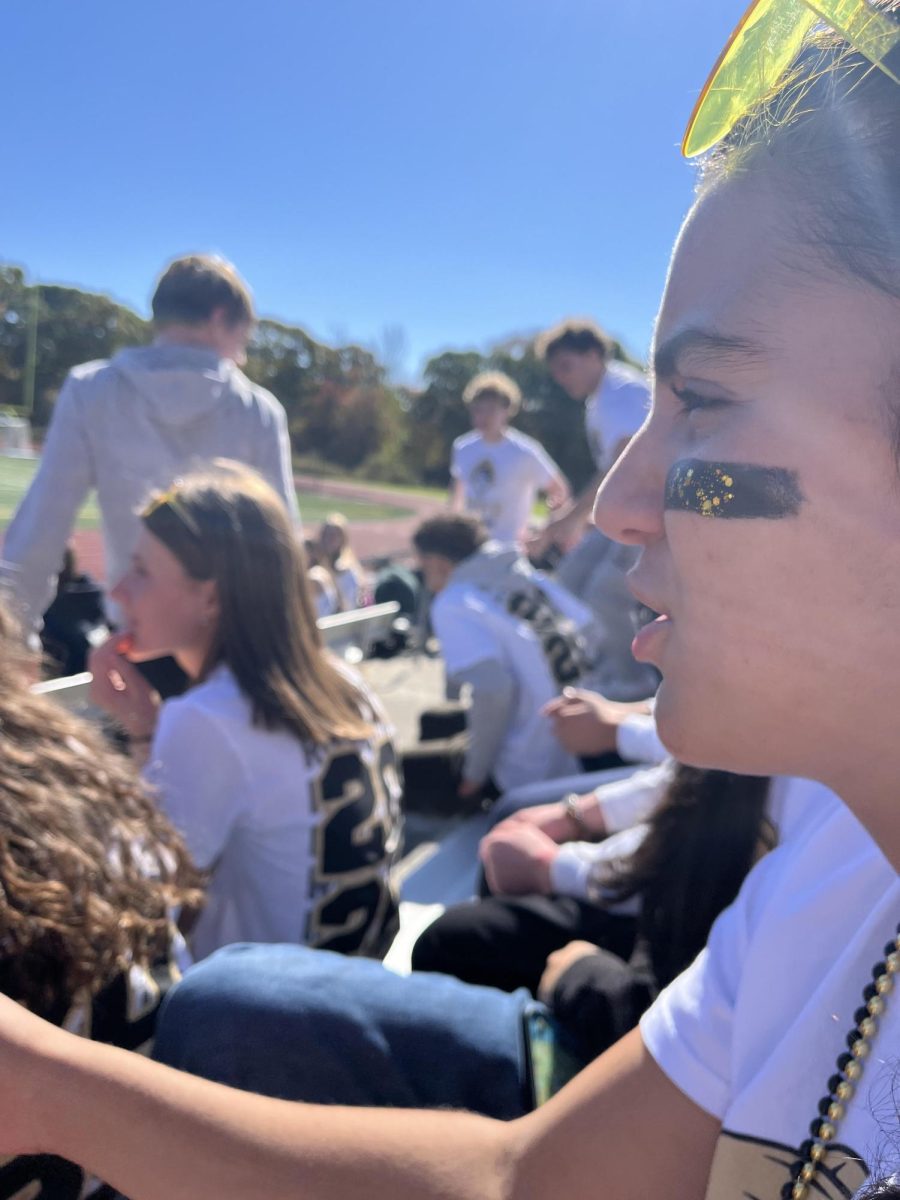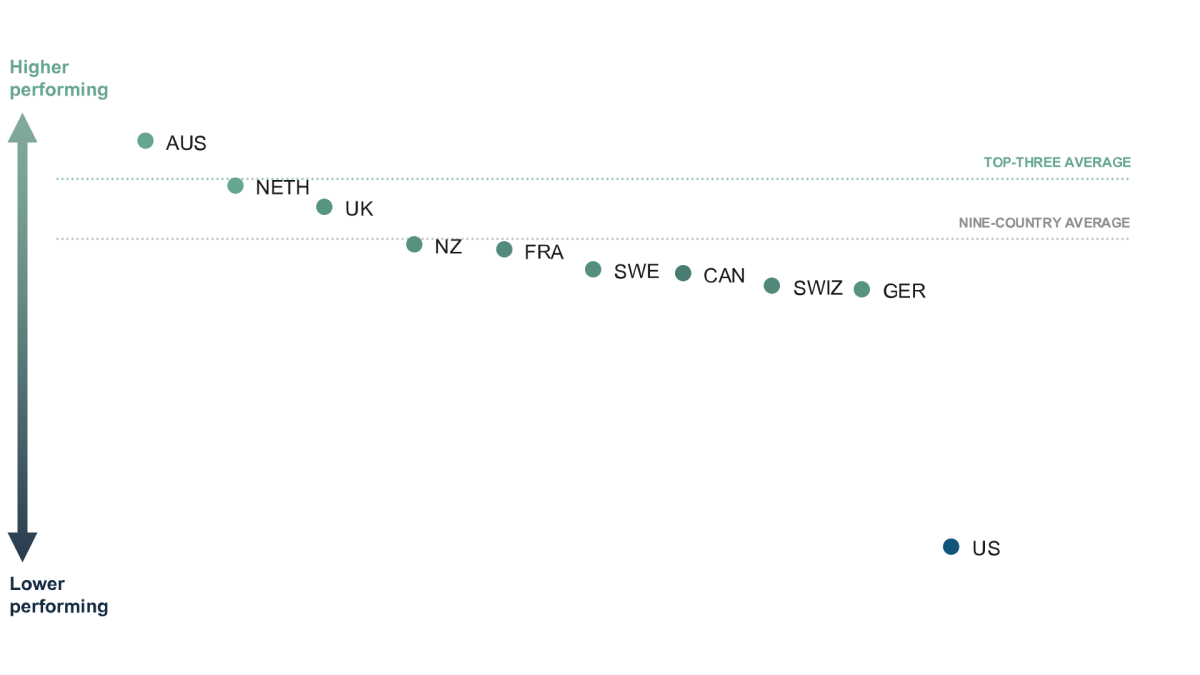Winter depression, summertime sadness: Seasonal Affective Disorder a year-round issue

Illustration by Stephanie Dowling and Amber Moody
Vitamin D’s Effect on the Brain
Seasonal sadness has swept across New England this winter, and has left many teenagers irritable, hypersensitive, lethargic, stressed, and exhausted. The days are short and dark, the ground is coated with black ice and grimy snow, the sky is shades of gray week after week, and the moods have been lower than the freezing temperatures.
Seasonal Affective Disorder (SAD), a form of depression, creeps into everyone’s lives and strongly impacts their academics, athletics, social life, and sleep schedule. Symptoms include those of depression, along with unexplained fatigue during the winter months, and typically is relieved as spring and summer approach (massgeneral.org).
The cold weather reduces exercising opportunities and even sports practices such as indoor track and field, which is typically held outside. Students want to sleep for an abnormally long time, and even when they do get over eight hours of sleep, they are exhausted throughout the day.
Driving to school in single-digit temperatures while the sky is still dark and coming home only a couple hours before sunset increases the symptoms of Seasonal Affective Disorder. A lack of light present in an individual’s life disrupts the body’s internal clock and results in depression-related symptoms. Reduced sunlight triggers a drop in serotonin, a brain chemical, that can activate depression as well. Lastly, the change in seasons disturbs the amount of melatonin in the body. This highly impacts one’s sleep pattern and mood (mayoclinic.org).
Light therapy, antidepressants, exercise, and socializing all serve as remedies for SAD. However, too often teenagers rely on social media as a form of connecting with other individuals. While technology can certainly serve that purpose, human interactions that stimulate the five senses are necessary, especially when struggling with seasonal sadness.
Social media, designed to make us feel more connected, only detaches us from our tangible life, the life that actually matters, and only prolongs the negative effects of Seasonal Affective Disorder.
Your donation will support the student journalists of North Kingstown High School. Your contribution will allow us to distribute a print edition of the Current Wave to all students, as well as enter journalism competitions.










